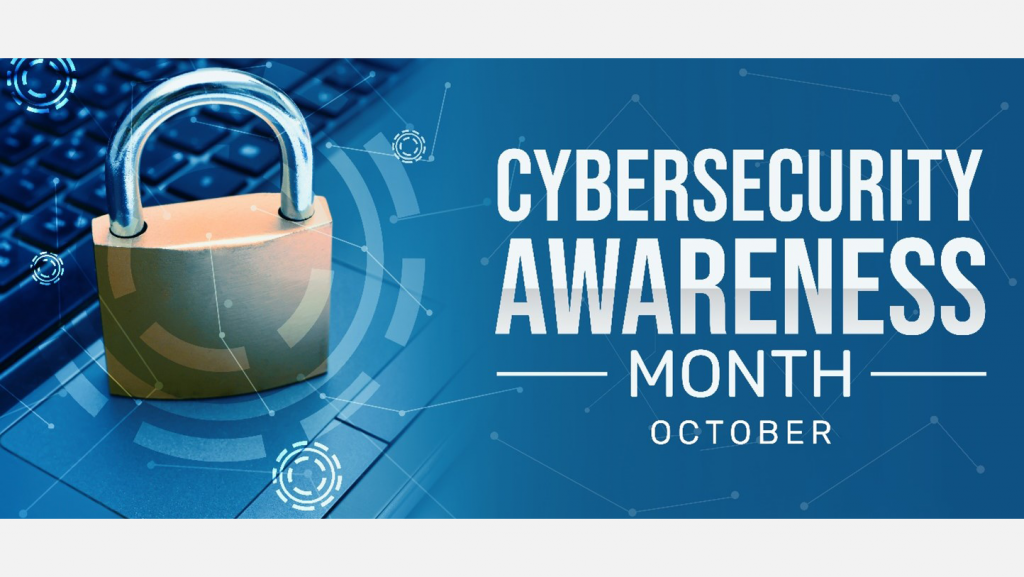
In the digital age, deception has evolved into an artform, and phone-based social engineering has emerged as one of its most cunning creations. Deceptive tactics employed by these attackers often involve the impersonation of trusted entities or individuals to gain the trust of their unsuspecting victims. Let’s take a deeper dive into the intricate web of deception that these cybercriminals create.
Phishing Calls: Scammers are masters at deception who frequently disguise themselves as legitimate institutions such as banks or government agencies. Armed with a persuasive tone and a knack for manipulation, they call individuals with the intention of extracting sensitive information like Social Security numbers and credit card details. These calls, seemingly benign at first, can lead to disastrous consequences, with personal finances hanging in the balance. Phishing – What is it?
Vishing (Voice Phishing): Vishing is the darker, vocal sibling of phishing. Criminals employ a range of tactics in this malicious endeavor. They might deploy pre-recorded messages that demand immediate action or pose as authoritative figures like IT support or even law enforcement. The intention is to confuse individuals into revealing personal information or coercing them into transferring their hard-earned money into the pockets of these unscrupulous characters.
Pretexting: For attackers, crafting convincing backstories or pretexts is second nature. Impersonating a coworker in need of information for a supposed work-related task, these criminals exploit human empathy and trust. The victims, never suspecting the deceit, end up divulging sensitive data that can be exploited to the attacker’s advantage.
Impersonation: Some of these fraudsters take their deception to the next level, going to great lengths to mimic voices, mannerisms, and emotional tones. They may pose as a distressed family member or a colleague urgently seeking assistance. These emotionally charged calls prey on the victim’s sense of responsibility and sympathy, leading them down a treacherous path of deception.
Spear Phishing: In targeted attacks, these cybercriminals invest time in researching their victims. Armed with an extensive dossier, they craft highly personalized messages or calls. These communications reference specific events, acquaintances or people in the victim’s life, making them appear incredibly legitimate. This personalized touch elevates the deception to an entirely new level.
The world of phone-based social engineering is fraught with danger, where trust is leveraged as a weapon and deception reigns supreme. It’s imperative for individuals to remain cautious and verify the authenticity of callers before divulging any sensitive information, for the art of deception knows no bounds in the digital realm. A Word of Caution About Fraud
Cybersecurity is a shared responsibility. By staying informed, you can enhance your digital defenses and protect yourself from the evolving landscape of cyber threats. Remember, vigilance is your greatest asset in the battle for digital security.
If you feel or think you detect fraud or are a victim of fraud call us at 877.361.0814 or visit our website RCBBank.Bank and click on Security Center for a variety of methods to keep you and your money safe and to stay up to date.
Opinions expressed above are the personal opinions of the author and meant for generic illustration purposes only. RCB Bank, Member FDIC.
Sources:
Cahill, E. (2023, July 13). Phishing, Smishing and vishing: What’s the difference? Experian. https://www.experian.com/blogs/ask-experian/phishing-smishing-vishing/
Delesline, N., & Carlton, G. (2022, June 2). What, exactly, is cybersecurity? and why does it matter? ZDNET. https://www.zdnet.com/education/computers-tech/what-is-cybersecurity-and-why-cybersecurity-matters/
Jones, C. (2022, September 22). Phishing, vishing, SMiShing, whaling and pharming: How to stop social engineering attacks. Expert Insights. https://expertinsights.com/insights/phishing-vishing-smishing-whaling-and-pharming-how-to-stop-social-engineering-attacks/



